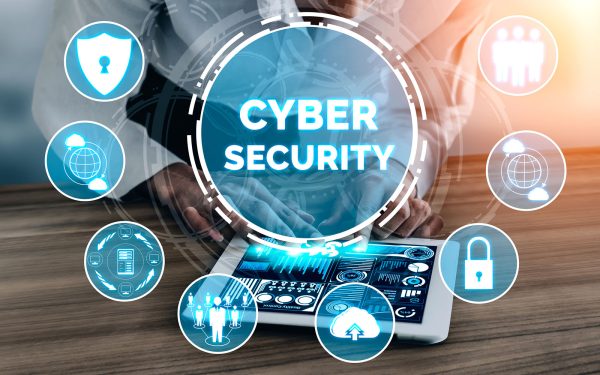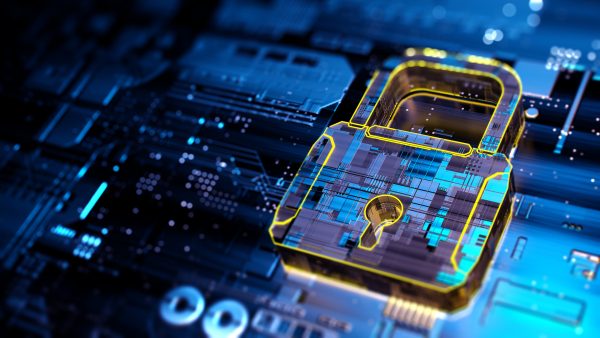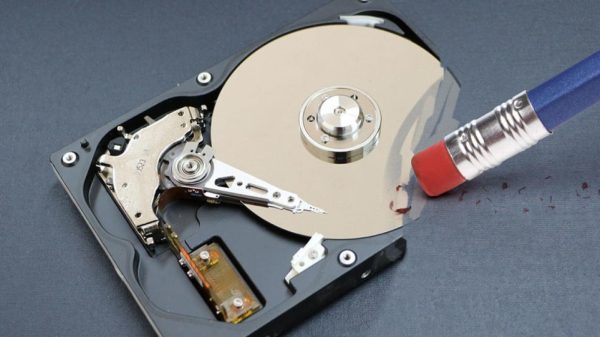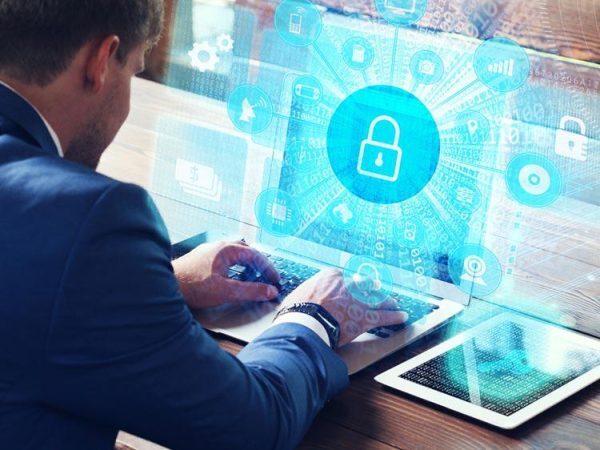When you use the Internet, whether, through a mobile phone, tablet, or computer, you are browsing websites, using a wireless network connection, reading email, or making online transactions. When you utilize any of these tools, you must make decisions about your online security.
Making safe and smart online decisions is critical to your security. Each of us is in charge of our own cybersecurity and online posture. It’s the same as taking your keys out of your car and locking the door before going shopping or locking the doors to your house before going to bed at night. It all starts with recognizing your cyber security dangers and developing excellent security behaviors and habits.
What exactly is cyber security?

Per definition, it is the application of the science to safeguarding networks, devices, and data against unauthorized access or illegal usage, as well as the practice of assuring information confidentiality, integrity, and availability. Good cybersecurity practices include keeping your online presence, smart gadgets, and information in cyberspace safe and out of the hands of malicious persons.
Poor cybersecurity behaviors can make your personal information, as well as those with whom you interact, more exposed to security threats. If you do not patch your smartphone or computer with proper protection, it may be vulnerable in a variety of ways. A hostile attacker can get access to your systems and modify or steal your personal information.
Why Your Internet Use May Not Be As Safe As You Think
The Internet provides easy access to useful materials that can help you improve your life. Almost all of us are actively or passively linked to the internet. The number of active internet users is rapidly increasing each day. This obviously demonstrates how important the internet is in our everyday lives. But did you realize that some individuals are practicing behaviors that put them at risk? Hackers gain millions of dollars by exploiting the weaknesses or poor habits of active internet users.
Here are 7 habits that can help you in maintaining internet security

1. Consider Using the right tools for your Data
Have you ever tried cleaning your teeth without using a toothbrush? Maintaining personal hygiene would be extremely difficult, if not impossible, without the proper equipment. The same may be said for maintaining excellent cyber hygiene. Personal information that you believe is secure might be jeopardized if the proper products and tools are not used.
A network firewall, antivirus and malware software, and password protection all assist in securing sensitive data saved on your home computer. These technologies, when used together, may help you feel more secure about the safety and integrity of your home computer, laptop, smartphone, and other devices.
Furthermore, before installing anything on your computer or other devices, make sure the security brand is a trusted source.
2. Check your email attachments twice
The email that appears to have come from anyone you know does not always imply it did. Some viruses can change the e-mail address to make it appear as if the communication came from somebody other than the actual sender. Before accessing or downloading any attachments, confirm that the communication is genuine by investigating the sender. Even from someone you know, use caution and be suspicious of unsolicited files. If possible, contact that person in some other way to check if they really sent you the attachments.
3. Protect your personal information
People contacting you can launch a direct spear-phishing assault on you if they know important facts about your life—your work title, numerous email accounts, complete name, and other details you may have placed online someplace. Cybercriminals can also use these facts for social engineering to try to trick you into bypassing standard security mechanisms.
The National Institute of Standards and Technology recommends that you choose the longest password or passphrase possible. Think imaginative and personalize your regular passwords for all sites to prevent hackers from gaining access to these accounts and to protect yourself in the event of a breach. Password managers can assist you in creating and remembering unique, complex passwords for each of your accounts.
Consider your options before acting. Keep an eye out for messages that urge you to act quickly. Many phishing emails seek to instill panic in the receiver, leading them to believe their account or information is in peril. If you get a questionable email from someone you know, immediately contact them to confirm that they sent it to you.
There are many details about you on the internet that you might not even know about. Those are some data on government sites like citizen and voter information, birth and marital records. Other pieces of information are available through your social media accounts. Just Google yourself and see what comes up. Or use Nuwber as it gathers all publicly available information. If you can find it – everyone else can find it as well.
4. Check your bank accounts twice
Those who use the internet to transfer money should check their account balance and bank statement on a frequent basis. Sometimes hackers move a little amount of money from your bank account without your knowledge. They will keep doing so until users realize they are losing money. Smart individuals regularly change their passwords and never keep credit card information on their own computers, even if they need this information frequently.
5. Clean your Hard Disk on a Daily basis

It is crucial that no private or delicate information be shared when you sell your laptop, tablet, or smartphone. A clean hard drive suggests that less information has been accessed if your device has been hijacked.
It might not be sufficient to just delete files or data. Reformatting and then wiping your hard drive clean is part of basic cyber hygiene. For instance, you can think about utilizing disk-wiping to erase all software and data from your hard drive if you want to sell your computer.
6. Back up your Data regularly
It’s also a good idea to back up crucial files offline, on an external hard drive, or in the cloud. This can safeguard against a variety of data loss scenarios, particularly if hackers get access to one of your devices.
7. Create Strong Passwords
As mentioned before, reliable passwords are required for all of your devices. Your passwords should be one-of-a-kind and complex, with at least 12 characters that comprise numbers, symbols, capital and lowercase letters, and symbols. Regularly changing your passwords — and never sharing or reusing the same password — will help keep hackers away.
Conclusion
Make sure to develop these 7 habits if you want to keep yourself secure. To avoid dealing with hacking assaults, learn more about secure internet browsing. Make wise decisions to make yourself a near-impossible target for hackers and cybercriminals.





